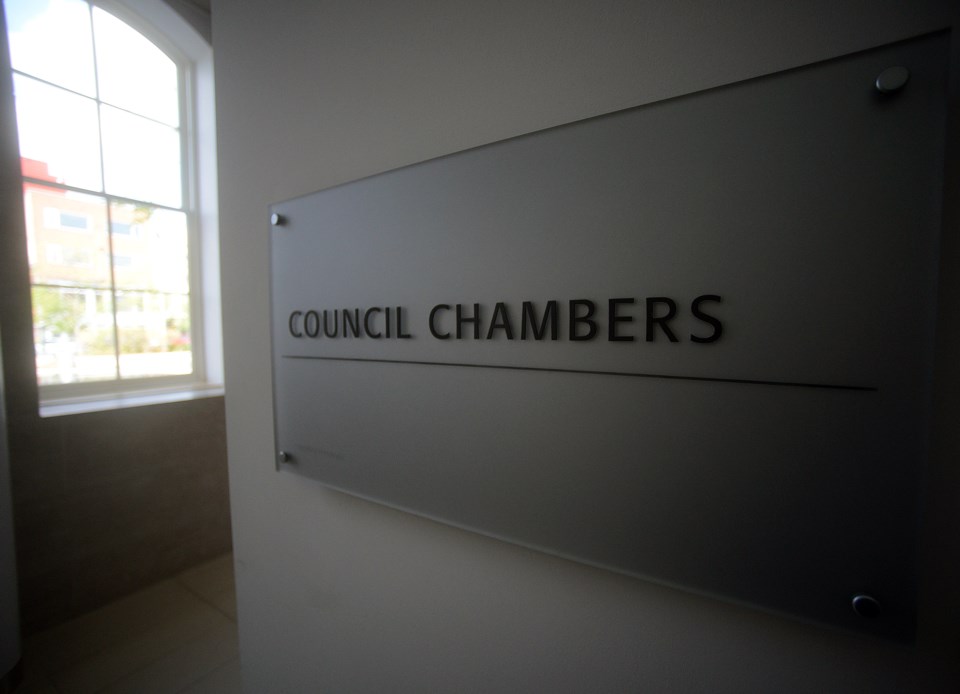Given the “tremendous impact” of city council decisions, Guelph councillors should be devoting their attention to local governance full-time, believes Tim Mau, associate professor of political science at the University of Guelph.
“The reality is we have full-time politicians federally and provincially. I don’t think the decisions we’re making at the local level are any less important and, in fact, arguably they’re more important because they have a more immediate and direct impact on our day-to-day lives,” he told GuelphToday in response to a consultants’ recommendation to change the position of councillor from part-time to full-time.
“The nature of the decisions they’re making requires people who aren’t simply dabbling with this on the side of their own full-time job.”
Mau, who also lives in Guelph, supports a series of recommended changes to the composition of city council put forward by a team of consultants. Among the other recommendations are increasing the number of wards from six to eight, with one councillor per ward instead of the current two.
If approved, city council would include eight councillors, down from 12, and a mayor.
Council will address those recommendations during a special meeting on Nov. 5.
“The issues of size of council and full-time versus part-time has been an issue in local politics for a number of years now, although up until recently little concrete action had been taken to address it,” Mau said.
“The bigger that your council chamber becomes, the more difficult it is to make decisions. ... People often characterize local government as trying to herd cats because there is no party affiliation that aligns people in like-minded camps. What you’ve got are all these individual councillors with their own viewpoints and interests and representing particular segments of the community.”
In 2012, city council initiated a process to review its size and composition. A year later, it endorsed a motion calling for a third-party “subject matter expert” to be hired for that review, to be conducted during the 2014 to 2018 term of council. Any approved changes were to be implemented for the following term of office.
However, funding for the review was axed during the 2016 budget approval process.
In July 2019, the review was put back on the table. A team of consultants was hired this past January, resulting in the recommendations heading to council early next month.
Mau believes the switch to full-time councillors will open the door to many people who would otherwise not seek the position.
“Historically, it has attracted a particular kind of individual – typically retirees, entrepreneurs and business people or the managerial class because they have greater ability to manage their daily schedules and to sneak out in the middle of a Wednesday afternoon to attend a committee meeting,” he said. “Somebody working on the factory floor at Linamar probably isn’t going to have that luxury.
“Overall, it’s going to open up the possibility for a broader cross-section of individuals to seek out political office.”
With a decrease in the number of councillors, each would represent more of the city’s population than they currently do, Mau surmises, acknowledging the current system offers two representatives per ward but each ward includes more residents.
“Overall representation per councillor is going to increase marginally, but I don’t think to such a large extent people should really be concerned about whether or not they’re going to have adequate representation,” he said. “I don’t think we’re going to be hard-done-by in terms of representation if we go down.”
Guelph has historically “enjoyed a luxury of representation,” he suggests.
This current system has been in place “without significant modification” since 1990, notes the consultants’ report. At that time, the city’s population was in the range of 90,000. It currently sits at about 143,000.
